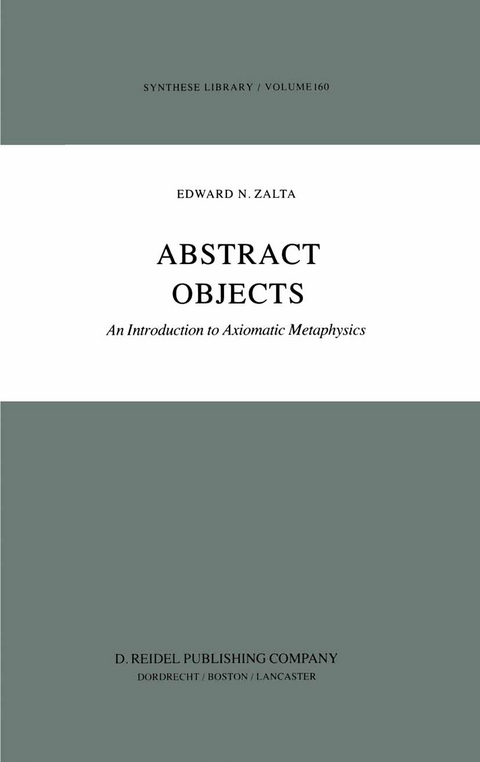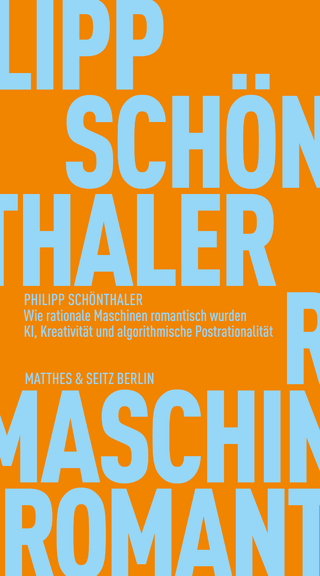
Abstract Objects
Kluwer Academic Publishers (Verlag)
978-90-277-1474-9 (ISBN)
1. Theory, Data, and Explanation.- 2. The Origins of the Theory.- I. Elementary Object Theory.- 1. The Language.- 2. The Semantics.- 3. The Logic.- 4. The Proper Axioms.- 5. An Auxiliary Hypothesis.- II. Applications of the Elementary Theory.- 1. Modelling Plato’s Forms.- 2. Modelling the Round Square, etc..- 3. The Problem of Existence 50 Appendix.- III. The Modal Theory of Abstract Objects (With Propositions).- 1. The Language.- 2. The Semantics.- 3. The Logic.- 4. The Proper Axioms.- IV. The Applications of the Modal Theory.- 1. Truth.- 2. Modelling Possible Worlds.- 3. Modelling Leibniz’s Monads.- 4. Modelling Stories and Native Characters.- 5. Modality and Descriptions.- V. The Typed Theory of Abstract Objects.- 1. The Language.- 2. The Semantics.- 3. The Logic.- 4. The Proper Axioms.- VI. Applications of the Typed Theory.- 1. Modelling Frege’s Senses (I).- 2. Modelling Frege’s Senses (II).- 3. Modelling Impossible and Fictional Relations.- 4. Modelling Mathematical Myths and Entities.- Conclusion.- Appendices.- A. Modelling the Theory Itself.- B. Modelling Notions.- Notes.
| Erscheint lt. Verlag | 30.6.1983 |
|---|---|
| Reihe/Serie | Synthese Library ; 160 |
| Zusatzinfo | 216 p. |
| Verlagsort | Dordrecht |
| Sprache | englisch |
| Maße | 155 x 235 mm |
| Themenwelt | Geisteswissenschaften ► Philosophie ► Sprachphilosophie |
| Naturwissenschaften | |
| ISBN-10 | 90-277-1474-6 / 9027714746 |
| ISBN-13 | 978-90-277-1474-9 / 9789027714749 |
| Zustand | Neuware |
| Haben Sie eine Frage zum Produkt? |
aus dem Bereich


